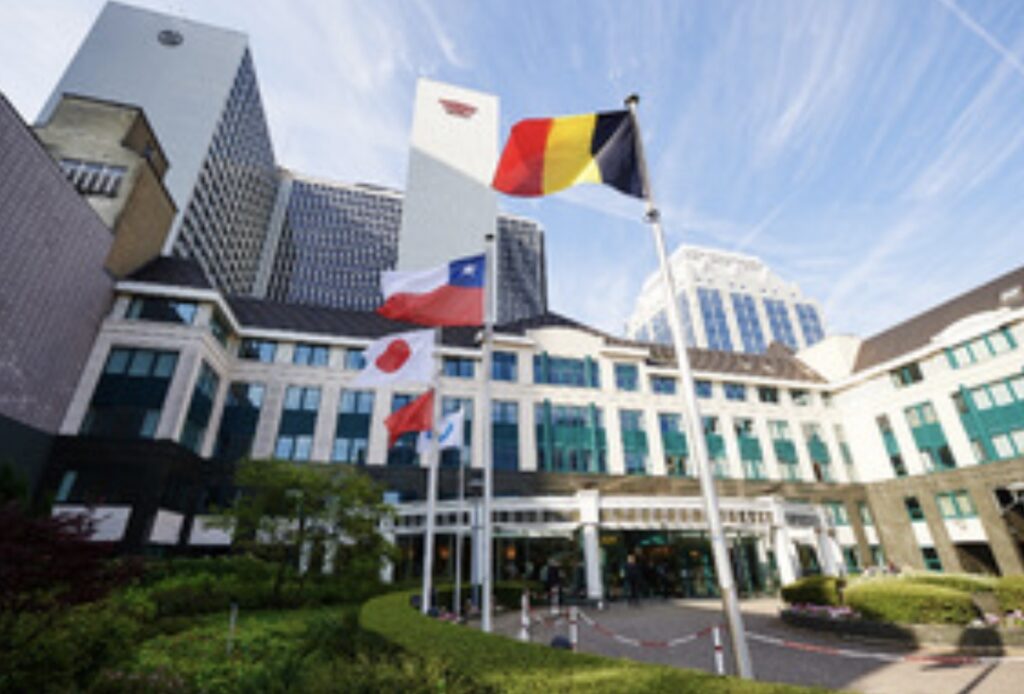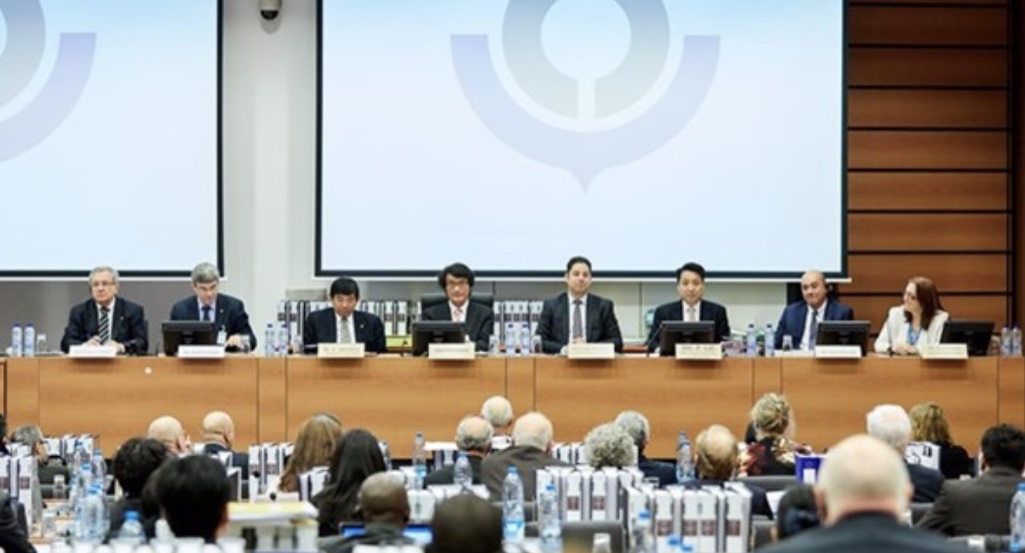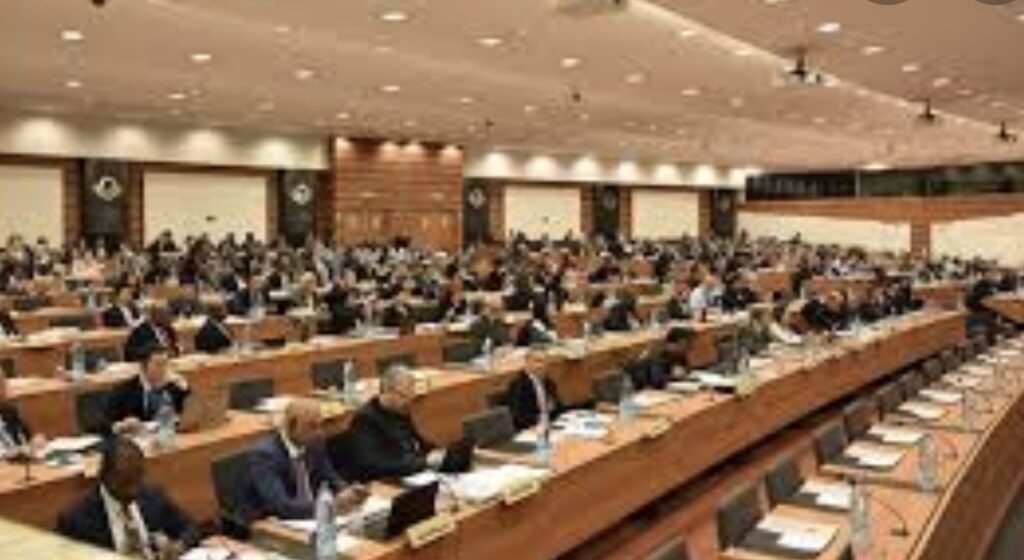EU proposes World Customs Organization modernisation in support of a strengthened multilateral order
EU proposed World Customs Organization (WCO) modernisation in support of a strengthened multilateral order. The proposal was presented at the general assembly, the WCO Council session, last week. As you know I have a long history with the organization, having served as Director and as delegate for decades. I believe that this a necessary reform going forward. The membership needs to take the responsibility to give the WCO the updated mandate, funding and strategic direction that is needed in a world of globalization with massive changes of international trade. There will be more changes the next five years than during the last fifty. The WCO as a key instution for the management of borders and trade must be given the role and capacity to handle the future.

The EU is presenting for the first time its initiative for broad reform of the World Customs Organization (WCO), the global forum that shapes international standards and common action in the field of customs. The modernisation initiative would help strengthen the WCO’s position as a key multilateral institution and help it address developments in today’s ever-changing international trade environment more effectively, while supporting the green and digital transitions. The EU initiative will be presented to all WCO Members at the WCO Council session which starts today.

The WCO has more than 180 members, including the EU and its Member States. As the only global organisation dealing with customs matters, the WCO deals with a significant number of topics in the field, as well as those related to international trade, security and transport. However, since its establishment almost 65 years ago, the WCO has never undergone a comprehensive reform despite the deep shifts in international trade and new challenges faced by national customs administrations the world over. In particular, the EU sees the need for clearer prioritisation of the WCO’s work in line with the challenges for the next decades, improvements in its governance and decision-making process, and in its efficiency.

The modernisation initiative put forward by the EU this week takes the form of a series of recommendations that stress the Organization’s core activities, but at the same time provide a clear direction of travel for its future work that can improve its international standing, and make it a more effective actor for the promotion of safe, secure and legitimate trade. In brief, the EU’s submission includes a three-step approach towards strategic reform:
- First, the WCO should have a greater focus on strategic priorities reflecting the most important challenges of the 21st In particular, the WCO should focus on the digitalisation of customs and the use of data, including in dealing with the rise in e-commerce and exchange of information; the contribution of customs to the protection of the environment and the green agenda; the development of single window approaches and coordinated border management to simplify customs clearance for businesses; and the strengthening of risk management by customs authorities.
- Second, governance methods at the WCO should be further addressed so that the Organization can play its full role in a dynamic international environment. Transparency, institutional and decision-making processes must be improved, while making the best use of the resources at the Organization’s disposal.
- Third, the means by which the WCO is funded should be examined to ensure long-term sustainability of the Organization to improve its standing in the global multilateral architecture, especially in the wake of the COVID-19 pandemic and as part of the economic recovery.
Since its establishment in 1952, the WCO has never been subject to a comprehensive reform and, though a number of proposals for modernisation have been addressed in the past, the EU has taken the position that a more comprehensive and coherent approach should be carried out.
Today’s submission aligns with the objectives set out in the Commission’s recent Communication on Trade Policy Review – notably to have a rules based trading framework in place to enhance resilience and sustainability of supply chains, and to support the digital and green transitions. Such an initiative would also be consistent with the Commission’s and the EEAs’ strategy to reinvigorate and strengthen the multilateral order and for the EU to play a leading role in multilateral organisations by speaking with one voice.
Following the conclusion of the WCO Council this week, it is expected that the WCO will deepen discussions on the EU’s modernisation initiative in its subsequent meetings and include it as a strategic programme for its new policy cycle.
Source: EU Commission
You must be logged in to post a comment.